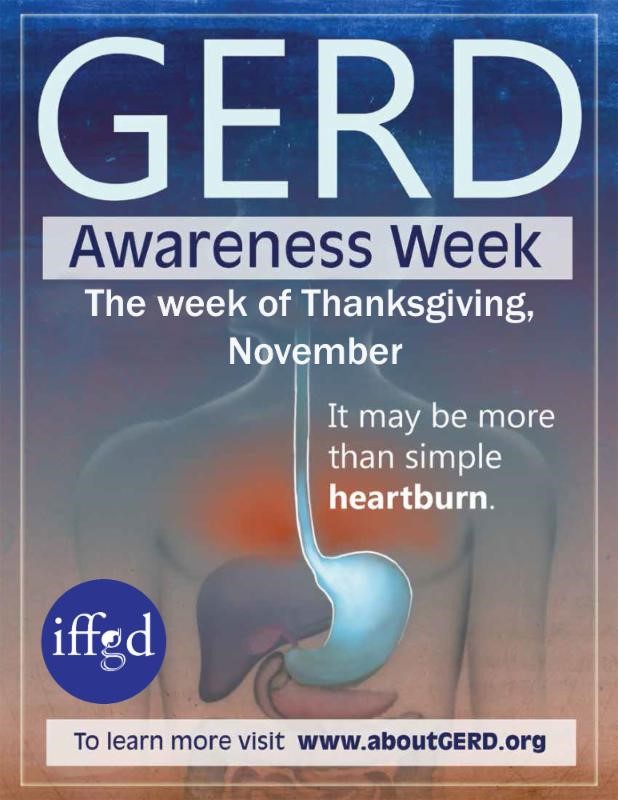


Your esophagus is the tube that carries food from your mouth to your stomach.

Gastroesophageal reflux disease (GERD) happens when a muscle at the end of your esophagus does not close properly. This allows stomach contents to leak back, or reflux, into the esophagus and irritate it.
You may feel a burning in the chest or throat called heartburn. Sometimes, you can taste stomach fluid in the back of the mouth. If you have these symptoms more than twice a week, you may have GERD. You can also have GERD without having heartburn. Your symptoms could include a dry cough, asthma symptoms, or trouble swallowing.
Anyone, including infants and children, can have GERD. If not treated, it can lead to more serious health problems. In some cases, you might need medicines or surgery. However, many people can improve their symptoms by:
- Avoiding alcohol and spicy, fatty or acidic foods that trigger heartburn
- Eating smaller meals
- Not eating close to bedtime
- Losing weight if needed
- Wearing loose-fitting clothes
Risk factors
Conditions that can increase your risk of GERD include:
- Obesity
- Bulging of the top of the stomach up into the diaphragm (hiatal hernia)
- Pregnancy
- Connective tissue disorders, such as scleroderma
- Delayed stomach emptying
Factors that can aggravate acid reflux include:
- Smoking
- Eating large meals or eating late at night
- Eating certain foods (triggers) such as fatty or fried foods
- Drinking certain beverages, such as alcohol or coffee
- Taking certain medications, such as aspirin
Source medlineplus.gov | mayoclinic.org
